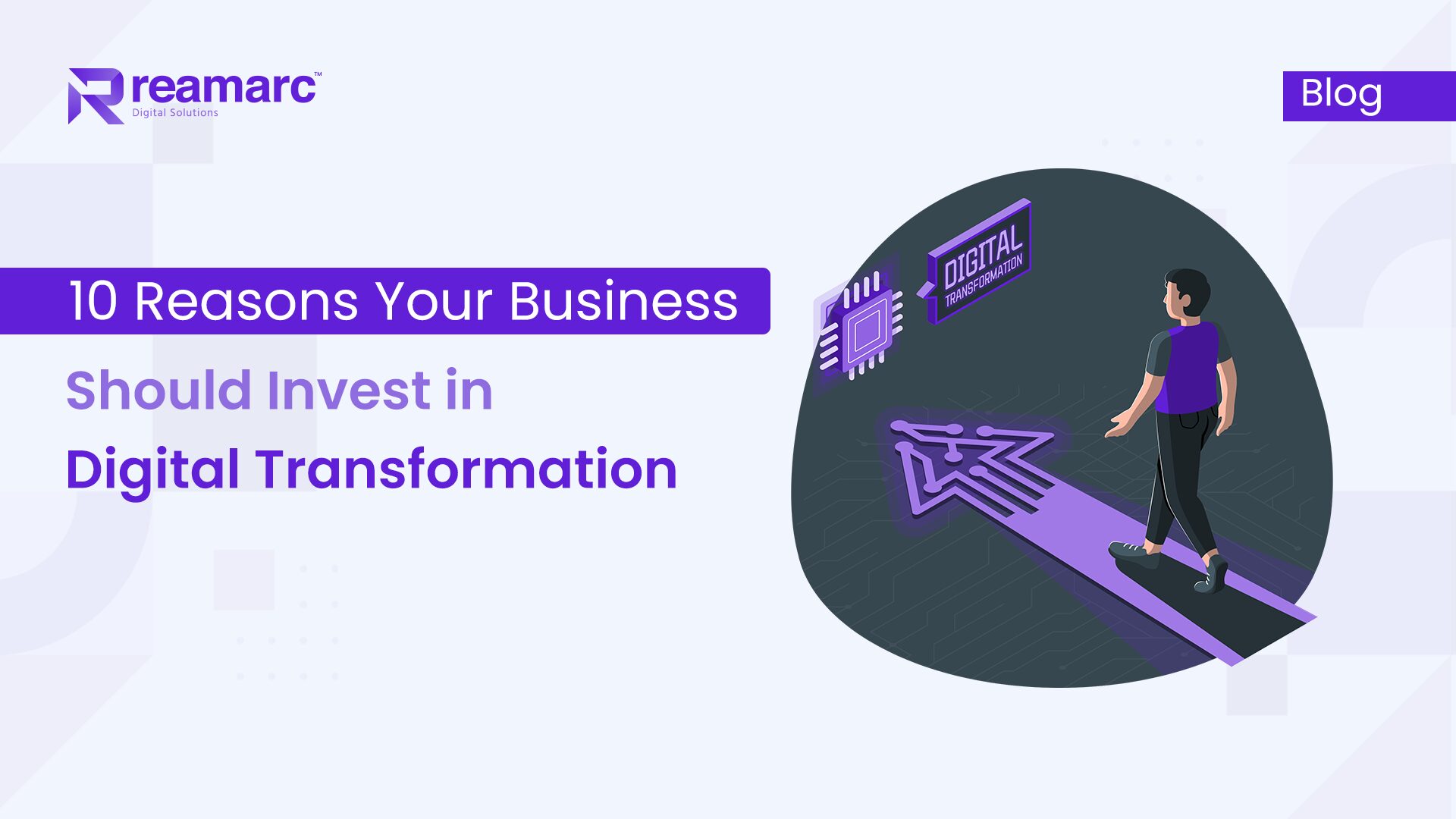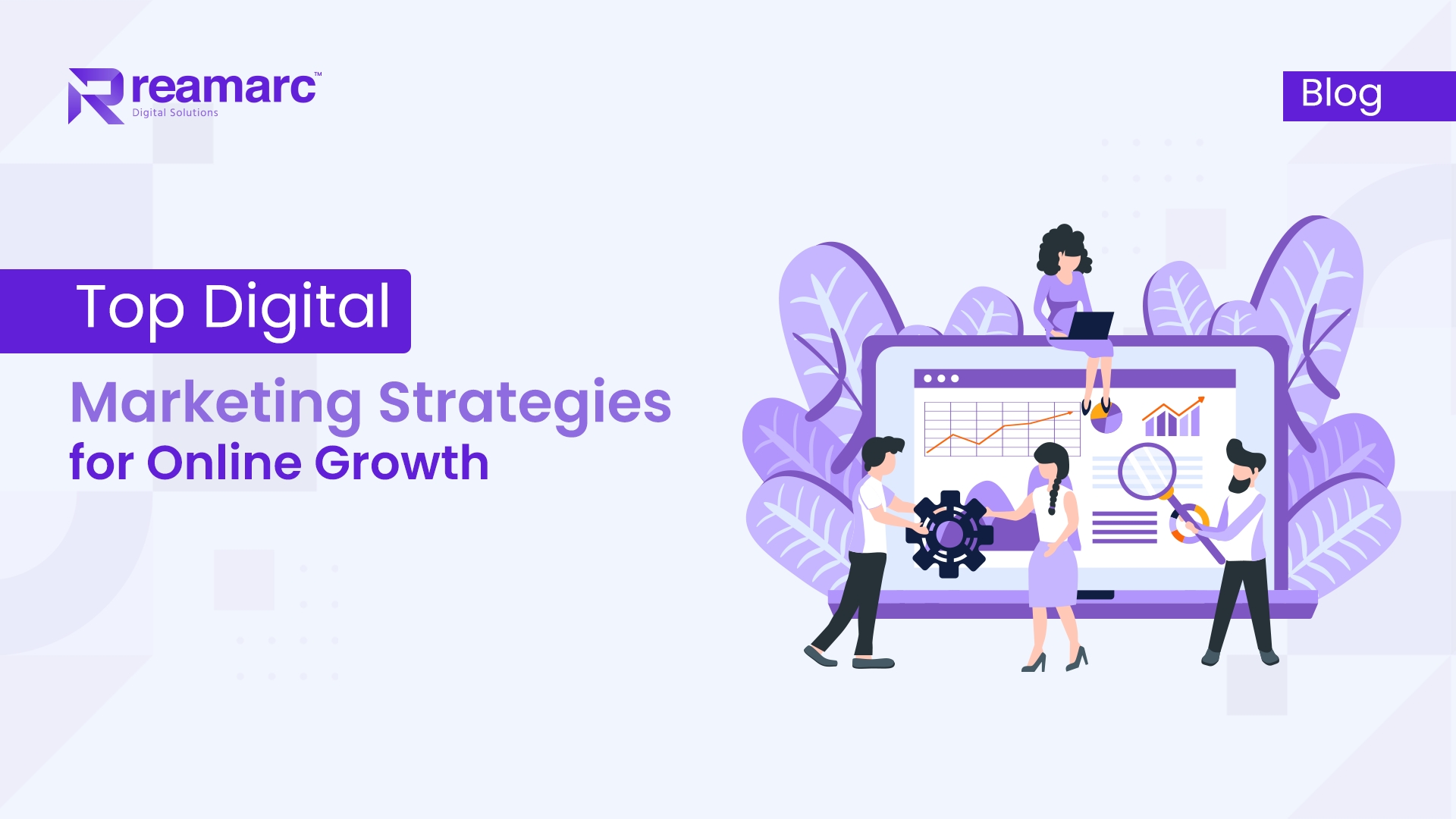Benefits of Digital transformation:
It involves a comprehensive reinvention of corporate processes, culture, and customer experiences in addition to the use of revolutionizing technology. Here are 10 reasons why your business should invest in digital transformation:
-
Enhanced Customer Experience
Digital transformation enables businesses to better understand customer needs and preferences. Personalized services, enhanced communication channels, and efficient support systems contribute to an improved overall customer experience. Businesses may give customers the services they require by using data from their purchasing journey.
Businesses may enhance communications and product offers and provide tailored experiences that entice customers to return by having access to more precise customer data.
-
Increased Agility
By taking cues from the software development industry, businesses may leverage digital marketing to boost agility, accelerate time-to-market, and adopt Continuous Improvement (CI) methodologies. This provides a way forward for progress as well as quicker creativity and flexibility that will benefit your business.
-
Better Customer Engagement
Digital marketing enhances customer engagement through multichannel communication by utilizing various channels for seamless interaction. You an also get personalized experiences through analyzing data to offer tailored services and recommendations.
Your business can achieve real-time interactions using chat bots and instant messaging for immediate support. Easier transactions can be achieved by simplifying online transactions for customer convenience, and customer self-service providing portals for independent issue resolution.
-
Reduced Costs
Companies can reallocate resources to higher-value projects by reducing the costs of manual labor, paper-based processes, and redundant work with the aid of digital marketing.
The ability of digital marketing to save money for firms through process simplification, automation of tedious operations, and increased productivity may be its greatest advantage.
Furthermore, you may simply scale up or down digital and cloud-based systems that charge for consumption in order to control costs and only pay for what you use. It has been demonstrated that this enormous cost savings can save companies millions of dollars annually on their budget.
-
Higher Return on Investment (ROI)
Digital transformation can be extremely affordable on a small scale. However, a comprehensive digital transition will be expensive. CEOs and other executive leaders need to be able to demonstrate a return on their time and financial investment, even though they are becoming more and more prepared to take a chance on digital solutions.
-
Improved Scalability
Digital tools enable businesses to reach a global audience and scale operations efficiently. Cloud computing, in particular, provides the infrastructure needed to expand without significant upfront investments in physical infrastructure.
-
Competitive Edge
The competitive advantage of a digitally changed organization stems from a potent amalgamation of all the advantages. The subsequent domains prove advantageous in identifying a competitive advantage:
- Processes that are so effective that they can operate harder with less input
- Their capacity to react promptly, precisely, and anticipatory to client demands, industry developments, and technological advancements
- Reliable internal employee processes that ensure staff retention and satisfaction
-
Effective Resource Management
Resource management across the entire organization may highlight the advantages of digital transformation. Through enhanced asset monitoring, resource distribution, and strategic planning, enterprises can optimize productivity while minimizing expenses.A agency which also has been termed as best digital performance marketing agency can also help in effective resource management
-
Higher Productivity
Having the right IT technologies in place that function together will help you improve efficiency and productivity. By integrating data throughout the company and automating numerous laborious processes, it enables team members to work more productively.
-
Data-driven Decision Making
With digital transformation, businesses can collect and analyze vast amounts of data. This data-driven approach helps in making informed decisions, predicting market trends, and identifying new opportunities for growth.
FAQs
-
What does digital transformation entail for my business?
Digital transformation involves a comprehensive overhaul of your business processes, incorporating digital technologies to enhance efficiency, improve customer experiences, and drive innovation. It encompasses changes in technology, culture, and strategy to adapt to the evolving digital landscape.
-
How can digital transformation benefit my business specifically?
Digital marketing can bring numerous benefits, including increased operational efficiency, improved customer satisfaction, enhanced innovation, data-driven decision-making, and better adaptability to market changes.
The specific advantages depend on the nature of your business and the strategies implemented during the transformation process.
-
What challenges might my business face during digital transformation?
Challenges in digital marketing can include resistance to change among employees, the need for significant upfront investment, potential disruptions to existing processes, cyber-security concerns, and the complexity of integrating new technologies. Addressing these challenges requires careful planning, effective communication, and strategic change management.
-
How long does the digital marketing process typically take?
The duration of digital marketing varies based on the scope, scale, and complexity of the changes involved. It can range from several months to a few years.
The process is often iterative, with ongoing adjustments and improvements. The timeline also depends on factors such as the organization’s readiness for change and the chosen technologies.
-
How can I ensure a smooth transition for my employees during digital transformation?
Employee engagement and communication are critical during digital marketing. Providing clear communication about the reasons behind the transformation, offering training programs to upskill employees on new technologies, and fostering a culture of collaboration and adaptability can contribute to a smoother transition.
Involving employees in the process and addressing their concerns helps build a positive attitude toward change.
Conclusion
In conclusion, embracing digital marketing is not just a contemporary trend but a strategic imperative for businesses aiming to thrive in today’s dynamic landscape.
The ten compelling reasons outlined above underscore the transformative power of integrating digital technologies into your business operations.
From enhancing efficiency and customer experience to fostering innovation and gaining a competitive edge, the benefits of investing in digital transformation are vast and impactful.





